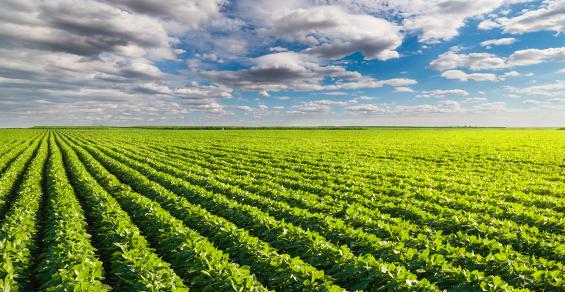Advisory council meeting seeks to help producers with research and education priorities.
Agricultural producers and industry professionals met with Mississippi State University personnel in the coastal region to discuss research and education priorities at the 2022 Producer Advisory Council meeting in late February.
The annual event aims to help clients improve their productivity. Attendees gathered in small commodity groups at each event to share their ideas with agents, researchers and specialists with the MSU Extension Service and the Mississippi Agricultural and Forestry Experiment Station.
Ten commodities were represented during breakout sessions at the coastal region meeting: bees; commercial fisheries and seafood processing; coastal and marine ecology; coastal resiliency and restoration; consumer and commercial horticulture; forestry; fruits and vegetables; horses and small ruminants; and livestock and poultry.
Beekeepers requested for existing Extension publications on varroa mites to be updated and new ones created with more targeted information on singular topics. They asked for assistance in creating and managing a centralized list of individuals and businesses that conduct hive removals. They also would like a similar list for honey producers.
Extension and research personnel in commercial fisheries and seafood processing shared their recent projects with the group, including investigating the economic impact of marine debris and coastal hazards, developing novel fish processing by using waterjet cutting technology, and developing new technologies to improve the quality and shelf life of catfish fillet products.
Extension and research personnel in coastal and marine ecology shared some of their efforts, including the concentration and impact of microplastics on various bird species and efforts to identify predator species of red snapper.
Extension and research personnel in coastal resiliency and restoration shared their work related to sea level rise mitigation.
Representatives of the consumer and commercial horticulture group asked for more vegetable trials in salad tables with unconventional crops such as peanuts, as well as continued research on native plants and improved horticultural production practices. They requested more research on untapped market and production opportunities. Commodity representatives said they would also like more insect pest management educational programs. Representatives of Mississippi Farm Bureau and Farm Service Agency shared the benefits their agencies offer to farmers and producers.
Forestry group members requested research on natural management systems conducive to turkey and quail repopulations, along with educational programs on grazing systems that include open savannas and silvopastures, where trees and grazing operations are integrated on the same land.
Members of the fruits and vegetables group expressed interest in field days, growing small fruits, controlling white drupelet disorder, and learning about new groups or programs they could join or support. Extension and research personnel also discussed supply chain issues, USDA updates and plant disease and nutrient issues.
Members of the horses and small ruminants group discussed predator control, weed control in pastures, wool production, and research projects related to contract grazing for small ruminants.
The livestock group discussed conservation grazing for habitat management with Piney Woods cattle, research to understand the need and opportunities for conservation grazing, the need for large animal veterinarians, and the need for beef cattle faculty at the White Sands Experiment Station.
The poultry group discussed water quality and using light dimmers in poultry houses.




